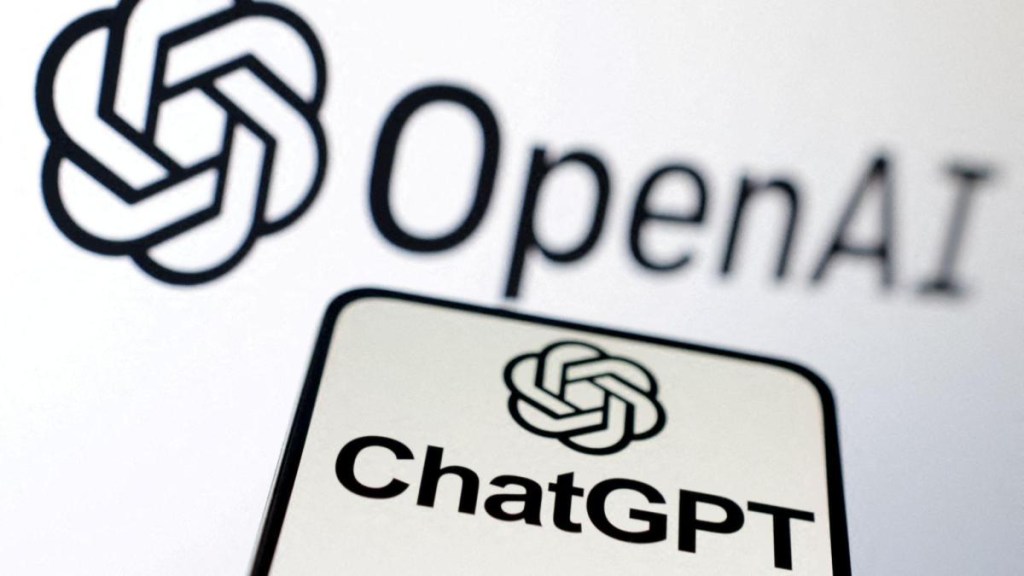Boards of companies should be fiercely independent and must have the power to fire a CEO whose actions are not in alignment with the best governance practices. In that sense, the OpenAI board consisting of reputed scientists and technology entrepreneurs has made full use of its freedom by getting rid of a star CEO who they felt was no longer fit to lead the company effectively. The official position highlighted Sam Altman’s “lack of consistent transparency in communications with the board of directors”, implying a trust deficit. The board, of course, hastened to add that the firing was not the result of “malfeasance or anything related to our financial, business, safety, or security/privacy practices”. Prima facie, it seemed that the board did what it was empowered to do.
The problem, however, is that the Open AI board perhaps forgot that freedom brings with it certain responsibilities. And this is where it slipped, big time. For example, it kept an important shareholder of the company in the dark about its decision to fire the CEO. No board, however independent it may be, can treat so casually a shareholder with 49% stake in OpenAI and who has put $13 billion into the company. Besides, Microsoft, the shareholder, is also the exclusive provider of computing power for OpenAI’s research, products, and programming interfaces for developers. No one seems to know why the board chose to be so secretive, raising doubts over its actual motive. The CEO himself reportedly was informed about his firing just hours before the public announcement was made.
This is certainly not how a company should treat a founder-CEO who last month announced Open AI’s accomplishments under his stewardship: two million customers, including “over 92% of Fortune 500 companies.” Under Altman, OpenAI leapfrogged rivals like Google and Amazon in certain categories of cloud computing, reinvigorated its Bing search engine, and put the company in the leading position in the hottest software category. The board perhaps was not in sync with the CEO’s rapid expansion plans, and maybe even found it dangerous. Whatever the reason, the fact is that the board should have initiated a discussion with the CEO and Microsoft about its concerns. And the least it could have done is to set up a seamless transition process.
Its abject failure to do so has resulted in an unwanted tsunami of bad news. The board first appointed a successor who was replaced by another in just a couple of days. It is anyway difficult to move out of the shadows of a charismatic predecessor, but the new CEO’s job has become even more difficult because of what followed thereafter. Over 95% of the company’s 770 employees demanded the resignation of the board members and threatened to follow Altman into Microsoft. Such things are only to be expected when the board did not even bother to specify what Altman’s lack of candour was all about. Emmett Shear, the new CEO of perhaps the world’s most influential—and more recently, most dramatic—AI company, has of course made the right noise by stating that he would hire an independent investigator to look into what led to Altman’s ouster and write a report within 30 days. It’s now obvious that the scale of the crisis in Silicon Valley’s most feted start-up could have easily been avoided had the board showed some wisdom rather than blindly flaunting its independence muscles.

